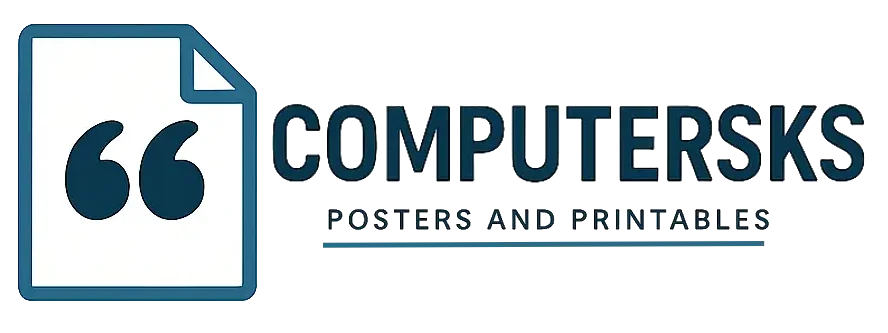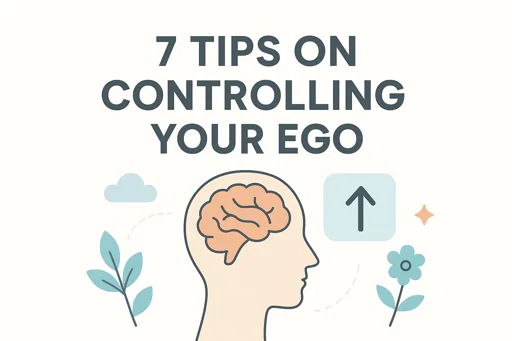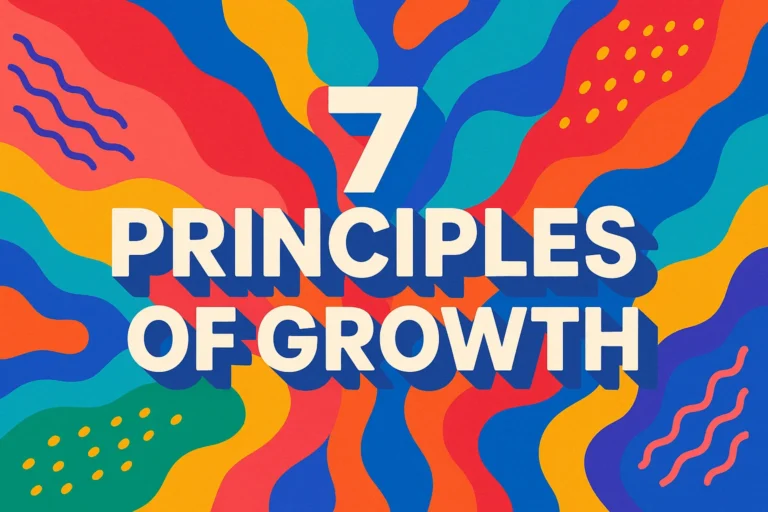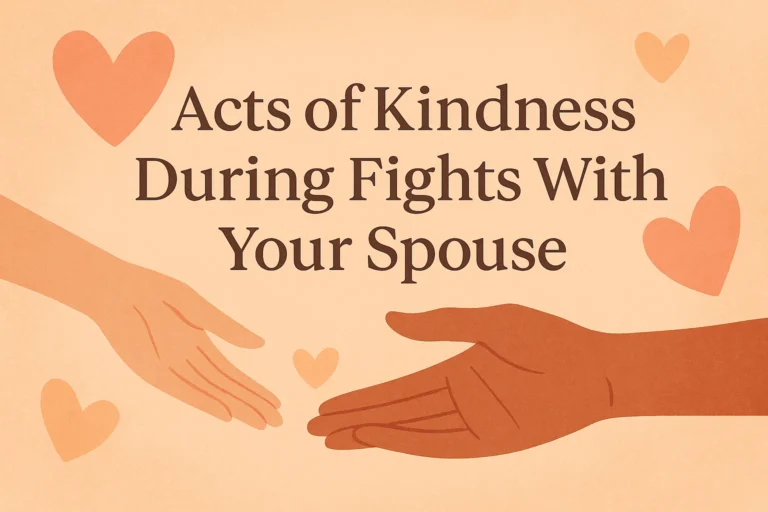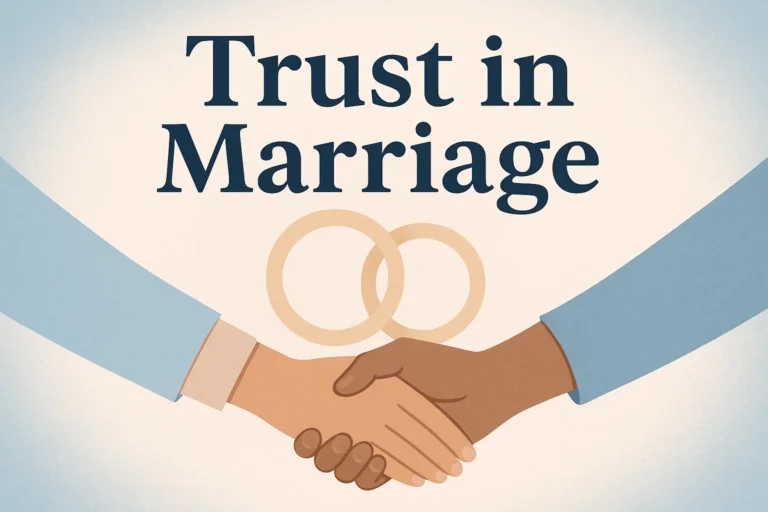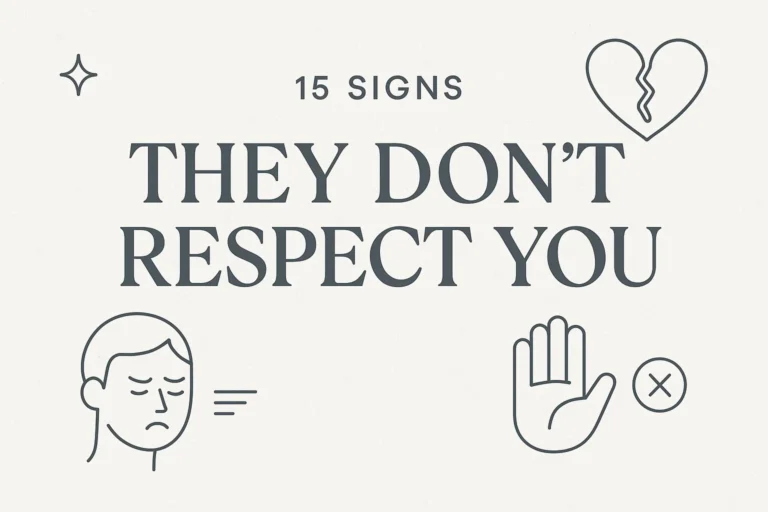7 Essential Psychology Skills Tips for Controlling Your Ego and Boosting Self-Awareness
7 Essential Psychology Skills: Tips for Controlling Your Ego and Boosting Self-Awareness
Let’s be real—ego is that sneaky little voice in your head that convinces you you’re always right (even when you’re very wrong). And self-awareness? Well, that’s the superhero power that keeps your ego in check.
If you’ve ever walked away from a conversation thinking, “Why did I say that?” or caught yourself getting defensive over constructive criticism (ouch), this article is for you. I’ve been there, and trust me, mastering these psychology skills is a game-changer.
So, let’s break down 7 essential psychology skills that’ll help you control your ego, boost self-awareness, and—bonus—make you way more likable.
1. Active Listening (No, Not Just Waiting for Your Turn to Talk)
Ever been in a conversation where you’re technically listening, but really just rehearsing your next brilliant point? Yeah, we’ve all been guilty of that. Active listening is about actually hearing what the other person is saying—not just waiting for your turn to speak.
How to Do It Right:
- Stop interrupting. Let them finish. (I know, revolutionary.)
- Paraphrase their point to show you understand. “So what you’re saying is…”
- Ask follow-up questions instead of jumping to your own agenda.
Pro tip: If you catch yourself mentally drafting your response while they’re still talking, take a breath and refocus.
2. Emotional Regulation (Because Meltdowns Aren’t Cute)
Ever sent an angry text and immediately regretted it? Same. Emotional regulation is about managing your reactions so you don’t end up looking like a reality TV villain.
Quick Fixes for Emotional Overload:
- Pause before reacting. Count to five (or ten if you’re really heated).
- Identify the emotion. Are you mad, or just hungry? (Hangry is a real thing.)
- Reframe the situation. Will this matter in a week? A year?
FYI, mastering this skill means fewer apologies and way fewer awkward “I was just tired” excuses.
3. Self-Reflection (AKA Stop Blaming Everyone Else)
Self-awareness starts with self-reflection—taking a hard look at your actions without sugarcoating.
Try This Simple Exercise:
At the end of each day, ask yourself:
– What did I do well? (Give yourself credit!)
– Where did I mess up? (No excuses—own it.)
– How can I improve tomorrow?
Journaling helps, but even a quick mental recap works. The key? Honesty. (No, “It’s their fault I snapped” doesn’t count.)
4. Empathy (Not Just for Therapists and Saints)
Empathy isn’t about being a pushover—it’s about understanding where others are coming from. And guess what? It makes you less of a pain to deal with.
How to Flex Your Empathy Muscle:
- Imagine their perspective. What’s their day been like?
- Listen without judgment. (Even if you think they’re wildly wrong.)
- Validate their feelings. “That sounds frustrating” goes a long way.
Bonus: People will like you more. Shocking, right?
5. Humility (Because Nobody Likes a Know-It-All)
Confidence is great. Arrogance? Not so much. Humility is about recognizing you don’t have all the answers—and being okay with that.
Ways to Keep Your Ego in Check:
- Admit when you’re wrong. (Yes, it’s painful. Do it anyway.)
- Ask for feedback. And actually consider it.
- Celebrate others’ wins. No backhanded compliments.
Remember: The smartest people in the room are usually the ones asking questions, not lecturing.
6. Mindfulness (More Than Just a Buzzword)
Mindfulness isn’t just for yoga retreats—it’s about staying present instead of obsessing over the past or future.
Easy Ways to Practice Mindfulness Daily:
- Focus on your breath for 30 seconds. (No, you don’t need incense.)
- Notice your surroundings. What do you see, hear, feel?
- Check in with your body. Are you tense? Relax those shoulders.
When you’re mindful, you react less and respond more. And that’s a win.
7. Growth Mindset (Because “I’m Just Bad at This” Is a Cop-Out)
A fixed mindset says, “I’m just not good at this.” A growth mindset says, “I’m not good at this… yet.”
How to Shift Your Thinking:
- Replace “failure” with “learning.” Messed up? Cool, now you know what not to do.
- Embrace challenges. They’re opportunities, not threats.
- Celebrate effort, not just results. Progress > perfection.
IMO, this is the most powerful skill on the list. Because if you believe you can improve, you will.
Final Thoughts: Ego in Check, Self-Awareness on Point
Controlling your ego and boosting self-awareness isn’t about becoming a zen master—it’s about showing up as your best self (and not sabotaging your own success).
Start small. Pick one skill to focus on this week. Maybe it’s active listening, or maybe it’s pausing before you react. Whatever it is, progress beats perfection.
And hey, if you catch your ego flaring up? Laugh it off. We’re all works in progress. 🙂
Which skill are you working on first? Drop it in the comments—let’s keep each other accountable.
